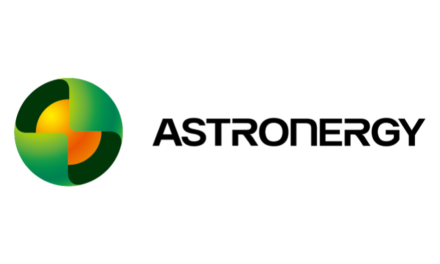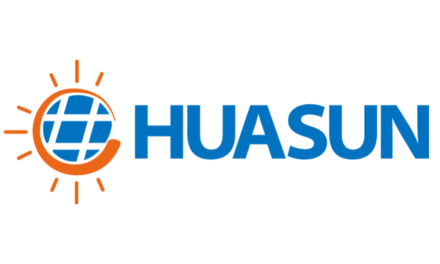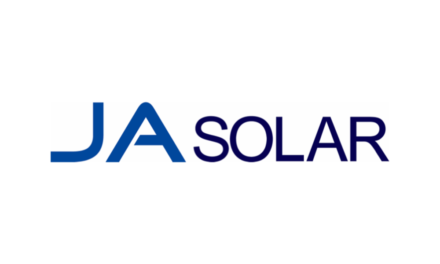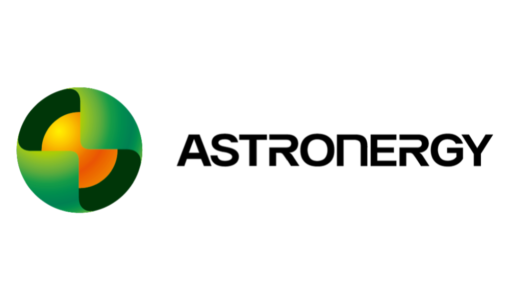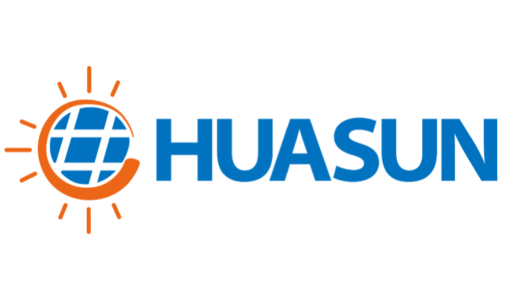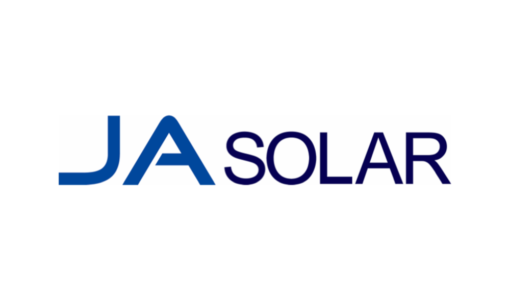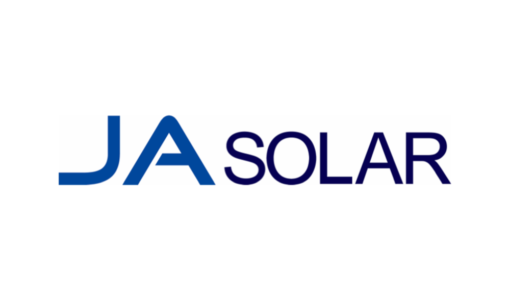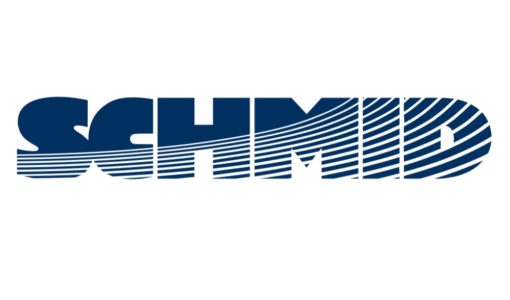- TaiyangNews Reliable PV Module Design Conference brought together stakeholders to discuss reliability aspect of modules
- A variety of materials crowd the supply chain today, but there could be compatibility issues in the absence of any specific parameters at the testing level
- Participants unanimously agreed that even though there are in-house tests by manufacturers for various module materials, there should be extensive 3rd party evaluations too
In the rapidly evolving global solar PV industry of today with ever growing technological innovations and the race to get ahead of peers to bring in differentiated products, could there be challenges related to the actual product itself, namely solar panels? Since this product is more or less designed to have a life of over 30 years, could it be that the pressure to roll out modules by the minute—compounded by today’s high silicon prices and shipping costs—making manufacturers compromise on the overall quality?
To avoid this situation and ensure solar modules can be trusted by one and all, especially at a time when the world is starting to rely increasingly on this lowest cost power generation technology to ensure a just and clean energy transition, what are the factors to keep in mind?
TaiyangNews brought together key stakeholders from various parts of module manufacturing chain during our Reliable PV Module Design Conference—What’s Needed for Designing Long Lasting Solar Panels on August 31, 2021 to discuss these aspects.
Stating the availability of so many different materials that make a solar module, the Head of Smart Material Testing Division of Polymer Competence Center Leoben, Gernot Oretzki stressed on ensuring the right materials going into the module while speaking about aging and repair of module packing materials. He pointed out that as manufacturers in the PV supply chain introduce newer materials, there may be growing compatibility issues for these in the near future which investors need to watch out for. Testing is key, he underlined.
In a presentation centered around the company’s flagship Vertex solar module series, Trina Solar’s Product Manager Rocky Li delved into designing long-lasting high-power modules based on 210mm wafers. He said his company conducts 6 enhanced tests for its 670W module including static load, equivalent to traditional modules, ensuring higher load performance.
Senior Product Manager of leading solar backsheet manufacturer Cybrid Technologies Stephen Gong provided a comprehensive view of the total packaging solutions the company stresses on to enhance module reliability. According to Gong, fluoride-free backsheets are increasingly preferred by European and Japanese clients showing their growing popularity as fluoride gives out harmful gases in case of fire which is hard to put out. Another factor that works in their favor is that fluoride-free backsheets can be recycled at the end of their working life.
Gong also batted for transparent backsheets, but that bifacial modules using transparent backsheet must undergo abrasion property and sequential tests.
Another leading solar backsheet and module producer Jolywood’s CTO Dr. Fute Zhang talked about the company’s new ‘highly reliable’ backsheet technology, a transparent backsheet called Hauberk Tech for which he claimed high UV resistance and high transmission factors. He said the 2.0 generation Hauberk Tech has self-cleaning ability, and comes with a multilayer molecular structure design with a dense surface molecular structure and underlying molecular doping. These dense molecules can effectively block water vapor transmission, he added. Zhang explained the advantages of transparent backsheets over glass back covers.
Encouraged by the response from module makers, Jolywood said it is eying Q4/2021 as the tentative timeline for mass production of Hauberk Tech 2.0 backsheets.
Along with materials, technology too plays a role in improving the overall performance of a module in GW level production as Astronergy/Chint Solar’s Quality Assurance Manager Gan Haiping said it is artificial intelligence (AI) testing that ensures quality control in the production process, eventually helping improve overall reliability of the end product. It claims to be the 1st company in PV industry comprehensively applying AI solution to check on many aspects of solar module production. The manufacturer aims to grow its overall module manufacturing capacity from 8 GW now to 21 GW by 2024 as part of its capacity improvement roadmap.
TaiyangNews market survey
On the occasion, TaiyangNews Head of Technology Shravan Chunduri summarized our Backsheet and Encapsulation Materials 2021 Market Survey that’s due to be launched in late September. Chunduri said fluropolymers continue to rule the market with PVDF as the most predominant outer layer, mostly preferred by Chinese companies. However, price benefits are making module makers contemplate CPC and non-fluoropolymer structures. There is also a growing preference for glass-glass configuration thanks mainly to high backsheet and declining glass prices.
A new liquid silicone-based encapsulation solution by Dow is set to hit the market soon for high end modules, according to the soon to be released market survey, targeted mainly towards BIPV applications. Our market survey respondents also pointed towards growing focus on sustainability with the final goal being end-to-end recycling.
Panel discussion
Moderated by TaiyangNews’ Managing Director Michael Schmela the panel discussion during the event was focused on ensuring solar module reliability in times of massive innovation and supply shortages.
Listing the questions investors come up with before investing in solar modules, Senior Director Technology & Quality, Clean Energy Associates George Touloupas opined that careful assessment of project conditions and testing are critical in screening unsuitable products and thus improving the reliability of the PV technology. As for M10 and G12, there are no clear winners since the data is limited and it is also not exactly transparent from both the camps.
Cybrid Technologies’ Stephen Gong appreciated the inquisitiveness and learning curve of the customers as they insist on using better quality materials that can eventually lead to higher module performance. He believes that suppliers with lower reliability products are and will slowly disappear from the market.
While comparing various materials available for modules right from backsheets to wafers, TUV Rheinland’s Segment Manager Jorg Althaus said new things take time to adjust according to needs of the market, but being cautious is the key. He argued as new materials flood the market, it is important to have these undergo beyond standard type approval testing with due diligence.
Discussing the applicability and acceptability of M10 vs G12 modules, Risen Energy’s Senior R&D Director Evan Liu categorically stated that since manufacturing capacity of several producers is still based on M10 so they have to make it sound relevant. However, there is enough and growing interest in an even larger format module structure since there is availability of material in the supply chain to support transition to G12 format.


